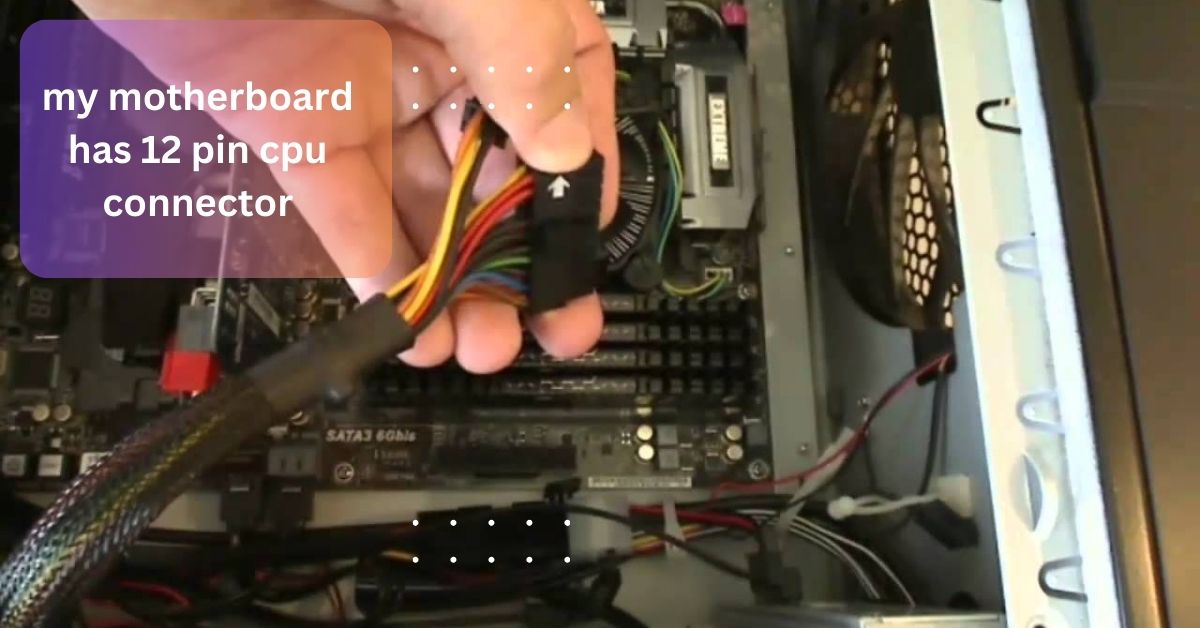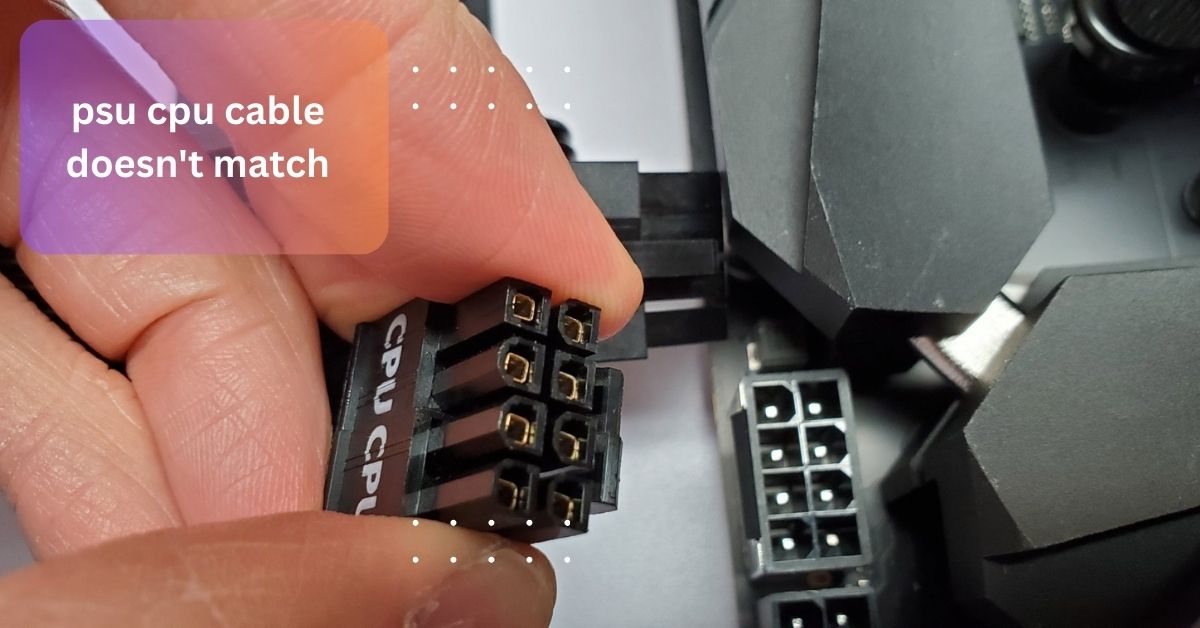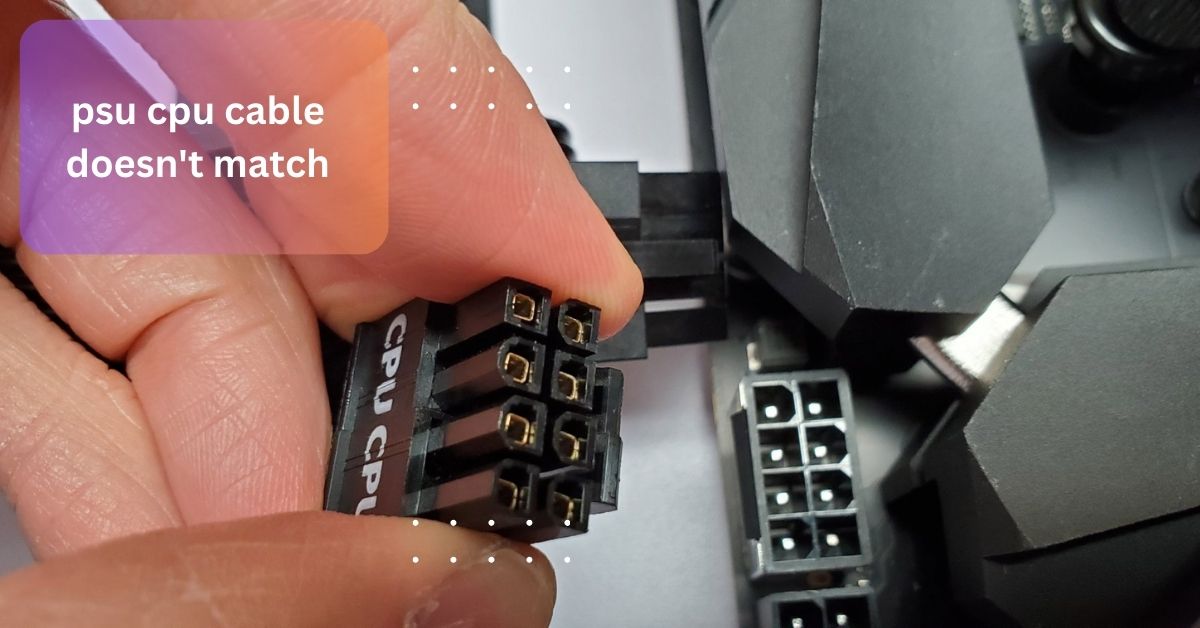When I built my new gaming rig, I noticed my motherboard had a 12-pin CPU connector, which caught me off guard since I was used to the standard 8-pin setup.
A motherboard with a 12-pin CPU connector provides enhanced power for high-performance CPUs, ideal for gaming or heavy tasks. It’s commonly found in advanced systems and may require a PSU upgrade or adapter.
We will talk about the significance of a 12-pin CPU connector on your motherboard and how it impacts the performance of your system.
What does a 12-pin CPU connector mean?
A 12-pin CPU connector is used to provide extra power to the CPU, which is the brain of your computer. It is commonly found in high-performance motherboards designed for gaming, video editing, or heavy computing tasks.
This connector allows the CPU to receive more power than the usual 4-pin or 8-pin connectors, making it ideal for systems that need extra stability and performance.
It’s often used for CPUs that are overclocked or running demanding software. If your power supply doesn’t have a 12-pin connector, you might need an adapter to ensure proper power delivery.
Why does my motherboard have a 12-pin CPU connector?
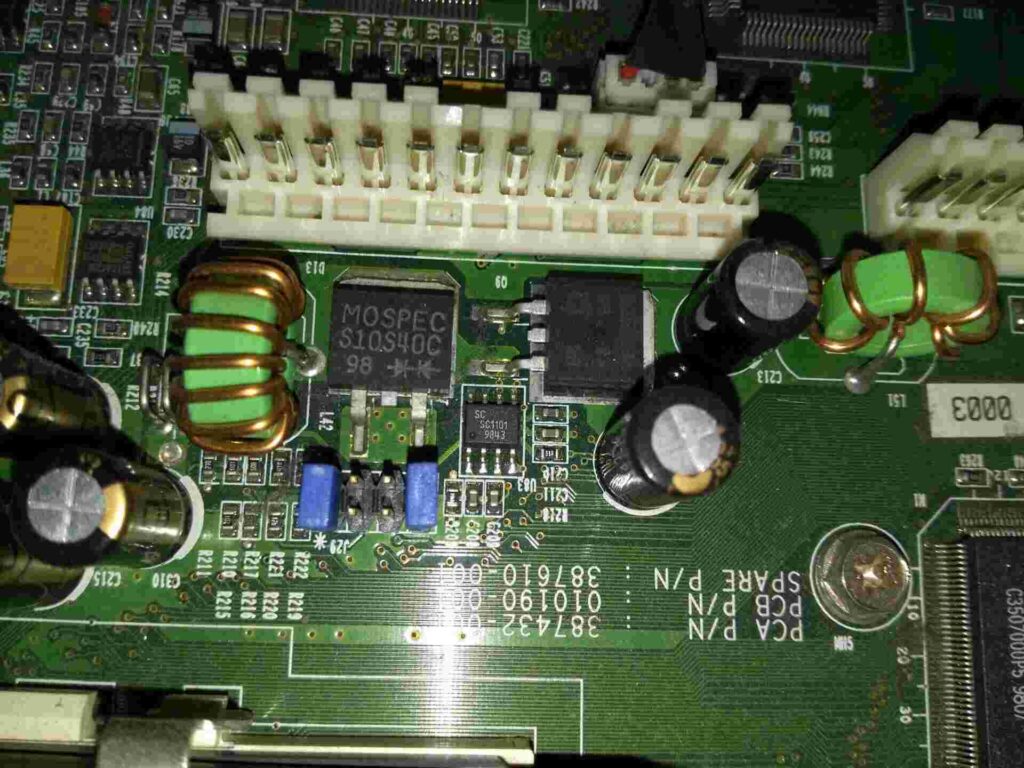
A 12-pin CPU connector is used to provide extra power to the CPU, which is the brain of your computer. It is commonly found in high-performance motherboards designed for gaming, video editing, or heavy computing tasks.
This connector allows the CPU to receive more power than the usual 4-pin or 8-pin connectors, making it ideal for systems that need extra stability and performance. It’s often used for CPUs that are overclocked or running demanding software. If your power supply doesn’t have a 12-pin connector, you might need an adapter to ensure proper power delivery.
Can I use a PSU without a 12-pin connector on my motherboard?
You can use a PSU without a 12-pin connector on your motherboard, but you will need an adapter. Many power supplies come with 8-pin connectors, which can be adapted into a 12-pin connection using special cables or adapters. This way, your CPU still gets enough power to run smoothly.
However, make sure your PSU has enough wattage to support your system’s needs. If your power supply isn’t strong enough, your computer might not perform well or could shut down during heavy use. It’s important to check compatibility to avoid issues.
Is a 12-pin CPU connector only for high-end systems?
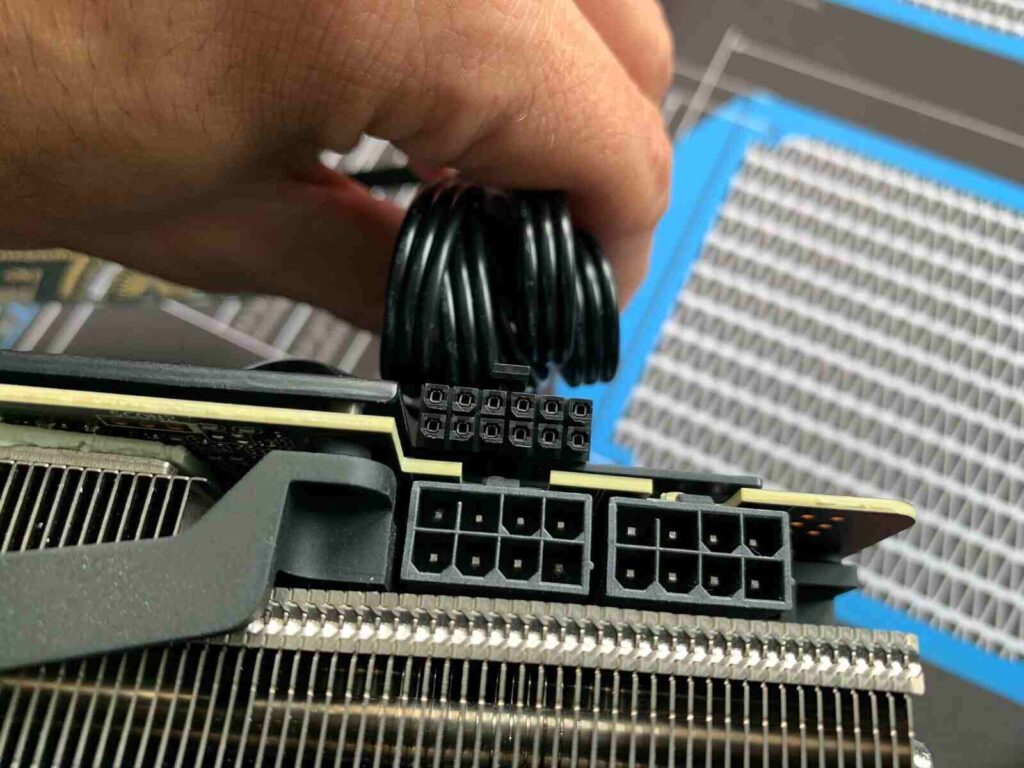
A 12-pin CPU connector is usually found in high-end systems. These connectors provide extra power for powerful CPUs, making them ideal for gaming rigs, workstations, or systems used for tasks like video editing or 3D rendering.
High-performance CPUs often require more power to function smoothly, especially when overclocked or running demanding software. If you have a regular home or office PC, you probably won’t need a 12-pin connector. It’s mostly for advanced users who need more power and stability from their CPU.
Read: No Or Unknown Cpufreq Driver Is Active On This Cpu- Solutions and Insights!
What kind of PSU do I need for a 12-pin CPU connector?
1. High Wattage:
To support a 12-pin CPU connector, you generally need a power supply unit (PSU) with a high wattage rating, typically at least 750 watts or more. This ensures that your system has enough power to run smoothly, especially if you have a high-performance CPU or multiple components that require substantial power.
2. 12-Pin Connector Support:
Your PSU should either come with a native 12-pin connector or be compatible with a 12-pin adapter. Some modern PSUs include this connector, but if yours doesn’t, you can use an adapter that converts multiple 8-pin connectors into a single 12-pin connection.
3. Modular or Semi-Modular Design:
A modular or semi-modular PSU design allows you to connect only the cables you need, which helps in reducing cable clutter and improving airflow inside your case. This can be particularly useful for managing the additional cables needed for a 12-pin connector setup.
4. 80 Plus Certification:
It’s beneficial to select a PSU with an 80 Plus Gold or Platinum certification. This rating indicates that the PSU is highly efficient, which means less energy is wasted as heat, and it provides stable power delivery to your components.
Do all motherboards have a 12-pin CPU connector?
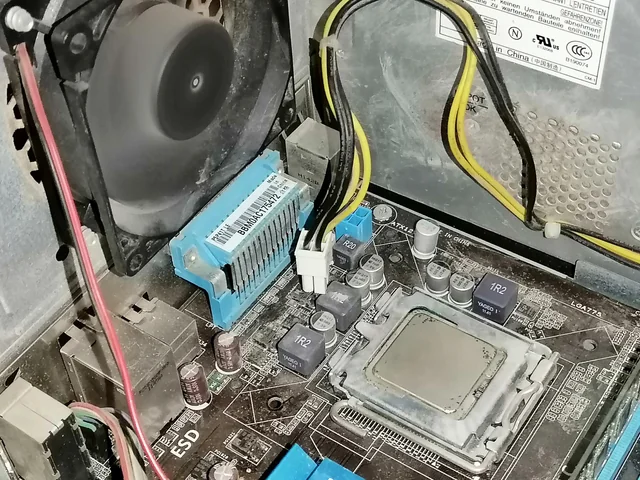
Not all motherboards have a 12-pin CPU connector. Most motherboards use 4-pin or 8-pin connectors, which are sufficient for many standard CPUs. The 12-pin connector is generally found on high-end or specialized motherboards designed for powerful systems, such as gaming rigs, workstations, or servers.
These motherboards require extra power for advanced CPUs or overclocking. If your motherboard does not have a 12-pin connector, it doesn’t necessarily mean it’s outdated; it simply means it may not need the extra power that a 12-pin connector provides. Always check your motherboard’s specifications to see which type of power connectors it supports.
Read: CPU Machine Check Architecture Error Dump: What It Is and How to Address It!
Is the 12-pin connector necessary for all CPUs?
A 12-pin connector is not necessary for all CPUs. Most standard CPUs and motherboards only require 4-pin or 8-pin connectors, which provide sufficient power for regular use and moderate performance tasks.
The 12-pin connector is typically used in high-end systems where the CPU is overclocked or when running demanding applications like gaming or video editing. It ensures stable power delivery and supports higher performance and stability.
If you have a standard or mid-range CPU, a 12-pin connector is not essential, but it can offer benefits for more advanced configurations. Always check your CPU and motherboard requirements to determine the appropriate power connector.
Where can I buy a 12-pin adapter?
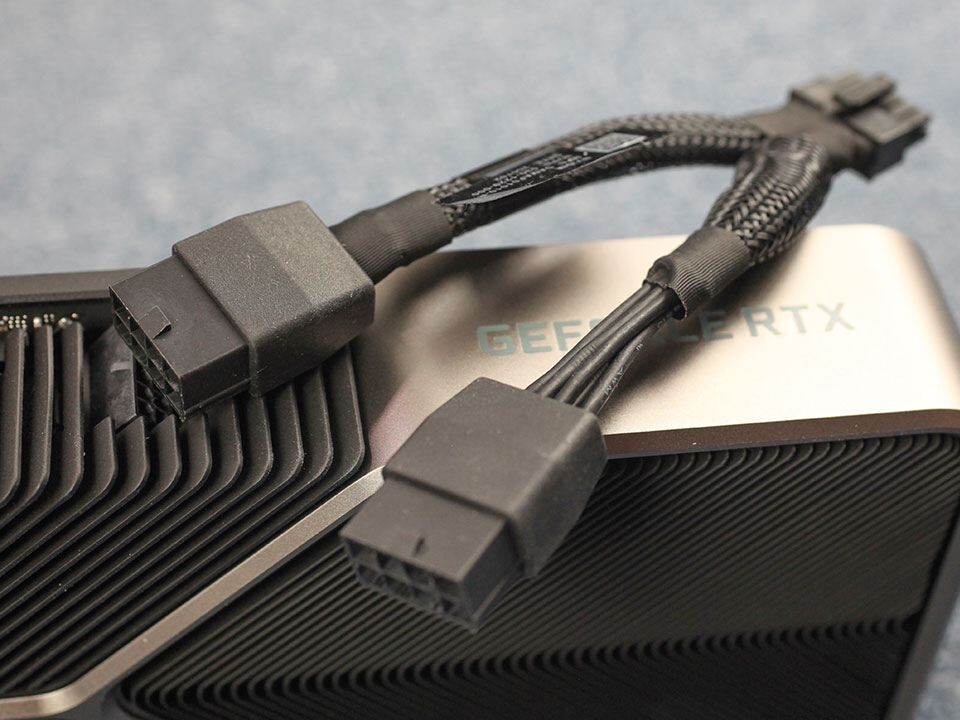
- Online Retailers: Websites like Amazon, Newegg, and eBay offer a wide range of 12-pin adapters and cables for various PC components.
- PC Component Stores: Specialized stores such as Micro Center or Fry’s Electronics often carry 12-pin adapters along with other computer hardware.
- Manufacturer Websites: Check the websites of major PSU and motherboard manufacturers like Corsair, EVGA, or ASUS for official adapters and accessories.
- Electronics Stores: Local electronics or computer stores may stock 12-pin adapters or be able to order them for you.
Read: Cpu Temperature And Cooling – Tips For Performance!
FAQs:
1. Can I damage my motherboard by using an 8-pin in a 12-pin slot?
Using an 8-pin connector in a 12-pin slot may limit the power available to your CPU, potentially causing instability or performance issues, but it typically won’t damage your motherboard.
2. What kind of systems need a 12-pin CPU connector?
Systems that require a 12-pin CPU connector typically include high-performance gaming rigs, advanced workstations, and servers that use powerful CPUs or are overclocked.
3. How do I know if my PSU supports a 12-pin connector?
To determine if your PSU supports a 12-pin connector, check its specifications or manual for listed connectors. If it doesn’t mention a 12-pin option, you might need an adapter to convert existing connectors or consider upgrading to a compatible PSU.
4. Will using a 12-pin connector make my system faster?
Using a 12-pin connector itself won’t make your system faster, but it ensures your CPU receives adequate power for optimal performance and stability, especially in high-demand or overclocked setups.
Conclusion:
A 12-pin CPU connector on your motherboard ensures extra power for high-performance tasks and stability, especially in advanced systems. It’s crucial for optimal CPU performance under heavy loads.
Read More:






